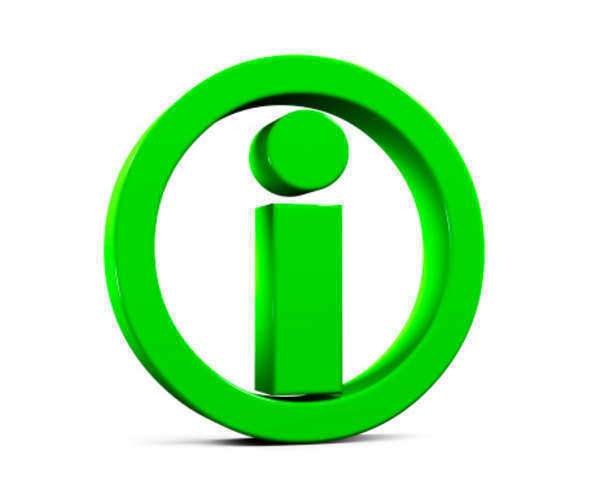An Overview of Obligation Discharges

A negotiable instrument creates an obligation between the parties who have signed the instrument. The main
form of obligation is between the primarily liable party and the holder of the
negotiable instrument, but because of the nature of liability, secondarily
liable parties still have some element of obligation linking them to the
negotiable instrument.
In general, every party has some slight element of
obligation connected to the negotiable instrument until those obligations are
discharged somehow. The discharge of such obligations revolves around
essentially “ending” the negotiable instrument in some fashion, by
dealing with it either through cancellation or payment.
Payment or Tender of Payment
Payment of the negotiable instrument is the main way to
discharge all obligation of all parties from the instrument. If the primarily
liable party tenders payment equal to the value of the negotiable instrument to
the holder of the instrument, then all obligations are discharged, as the negotiable instrument has been paid.
But there are some nuances to the tender of payment as a
means of discharge for the negotiable instrument, primarily because payment can
come in different amounts and forms and can be exchanged between different
parties. For example, one party might tender payment for part of the negotiable
instrument, trying to pay off part of a promissory note. Another example might
include one endorser on a check attempting to pay off his or her own obligation
regarding the check, which would still potentially leave other parties obligated. Furthermore, the party receiving payment
might not accept the payment, for whatever reason, which would seemingly
prevent the obligation from being discharged.
Fortunately, the Uniform Commercial Code deals with all
such issues in different ways. The overriding point of the Uniform Commercial
Code with regard to payment is that it is the duty of the payer to only tender
payment and not necessarily to ensure that such payment is accepted. As long as
payment is tendered, obligation will be discharged to the same value of the
payment. For more information on payment as a means to discharge obligation in
a negotiable instrument, click the link.
Cancellation or Surrender
The second way of discharging obligation from a
negotiable instrument is to cancel the instrument. Whereas payment can be made
by the liable parties, the only party that can cancel the instrument is the
holder of the instrument. Such cancellation would require genuine intent on the
part of the holder to cancel the instrument.
It could take any number of possible forms, from
physically destroying the negotiable instrument, to writing a message across
its face, but each form requires intent. If, for instance, the negotiable instrument were destroyed by chance or
mistake, then it would not cancel the instrument or discharge the instrument’s
obligations. The holder also reserves the right to cancel the obligations of
some endorsers on the instrument by crossing out their signatures, or the
holder can surrender the instrument to an obligated party in order to similarly
discharge that party’s obligations.
If the instrument were to be stolen, however, then it
would
not count as a cancellation because, again, cancellation requires intent on the part of the holder. To learn
more about cancellation of a negotiable instrument and how it removes the
obligation of involved parties, follow the link.
















